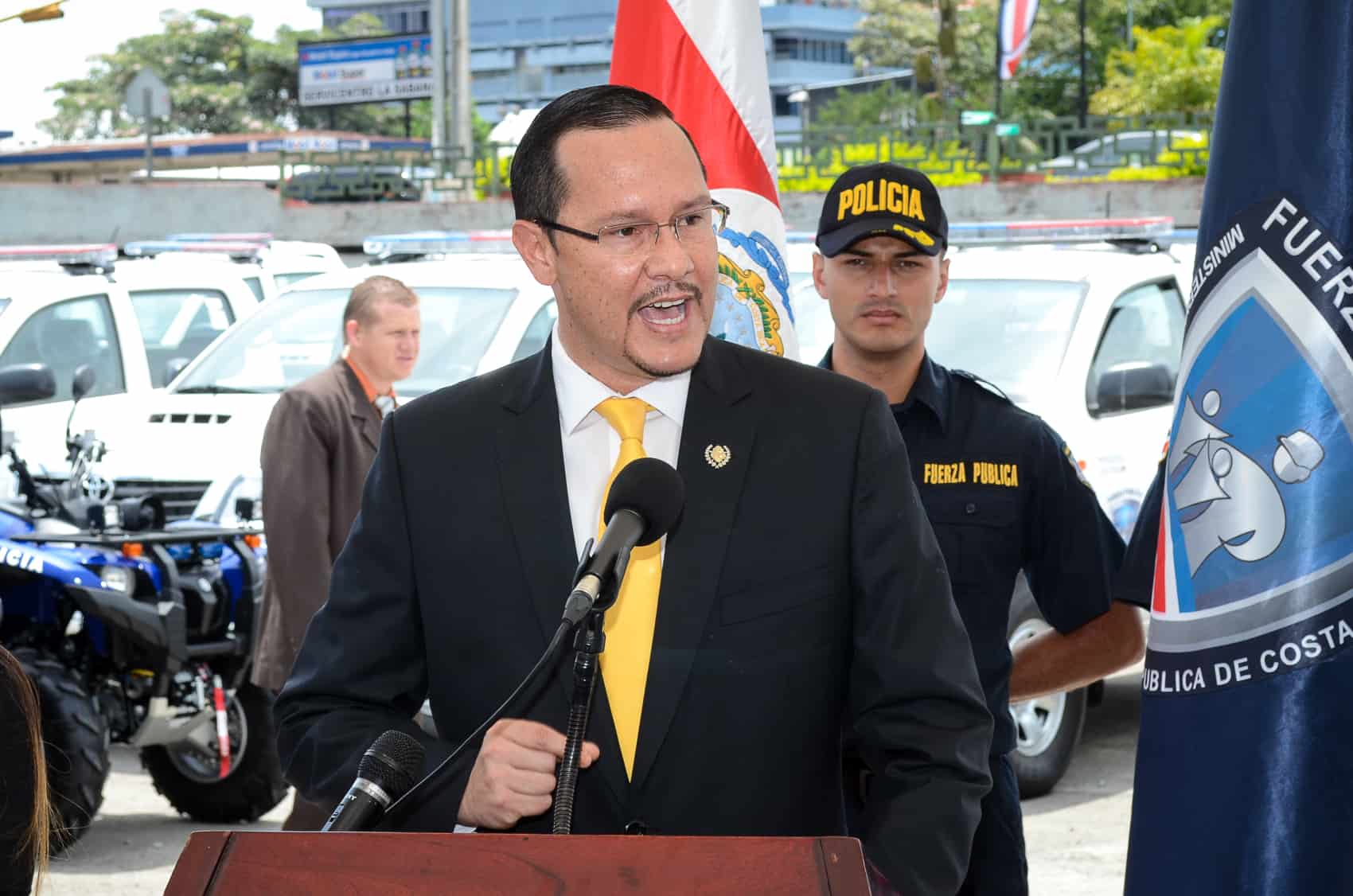A Costa Rican court has approved the extradition of former Security Minister Celso Gamboa Sánchez to the United States on charges of international cocaine trafficking. The 49-year-old, who once served as a Supreme Court judge, faces accusations of aiding traffickers in moving large shipments through Costa Rica to the U.S. He stands with two associates: Edwin Danney López Vega, known as “Pecho de Rata” or “Diosito,” and Jonathan Álvarez Alfaro, alias “Profe.”
Judge William Serrano Baby delivered the ruling on October 7, 2025, in the Tribunal Penal del I Circuito Judicial de San José. This step follows Costa Rica’s constitutional reform in May, which permits nationals to face extradition for drug trafficking or terrorism. Before the change, Costa Ricans in similar situations avoided handover to foreign courts.
The U.S. Attorney’s Office in the Eastern District of Texas accuses them of conspiracy to distribute cocaine across borders. Prosecutors claim Gamboa supported traffickers in producing, distributing, and transporting the drug, with Costa Rica acting as a key stopover.
DEA probes tie him to the Sinaloa Cartel and Colombia’s Clan del Golfo, with activities spanning North, Central, and South America from 2017—back when he held his judicial role. Recordings show him talking about cocaine loads, and in September 2023, he told informants the Costa Rican government allowed imports.
Gamboa served as Security Minister in 2014 and as a judge from 2016 to 2018. Police arrested him on June 23, on a Texas warrant, alongside López Vega. The DOJ charged him formally on July 11, and the U.S. Treasury hit him and López Vega with sanctions on August 18, plus two other Costa Ricans linked to the group. In Costa Rica, Gamboa deals with charges for using a forged document and got cleared in another case on August 14.
López Vega, 48, might transfer first if appeals fall through. He did eight years after a seizure of over 300 kilograms of cocaine and used a family-connected farm in Sixaola to handle drug flights. Álvarez Alfaro, 46, ran a network from 2008, sending cocaine from Costa Rica to the U.S. since 2014 and pulling in around $1.2 million. A 2016 operation in San José grabbed 328 kilograms, with 149 hidden in a vehicle, resulting in arrests that revealed the operation’s scope.
The trio has three days to appeal, moving the matter to a Criminal Appeals Court without a set timeline. Gamboa’s team plans to fight the decision, pointing to his health and prison setup. The handover is paused until their six Costa Rican cases conclude. Gamboa has three: one at trial, one ready for arguments, and one set for a hearing.
This development signals stronger ties between the U.S. and Costa Rica in fighting cross-border crime, with DEA input central. It comes at a time when Costa Rica faces increased violence from drug groups. Our country, long seen as Central America’s safest, ended 2024 with a homicide rate of 16.6 per 100,000—more than double the global average of about 6. Leaders aim for such extraditions to slow the rise.
With appeals ahead, this sets a test for the new law and future U.S. requests. It will be interesting to see how this goes.






